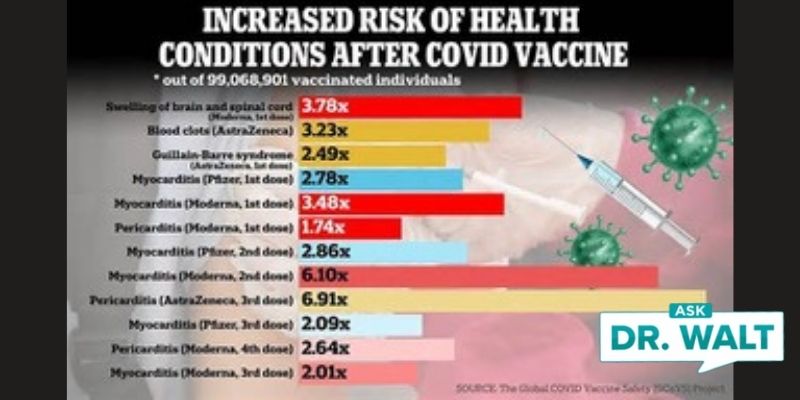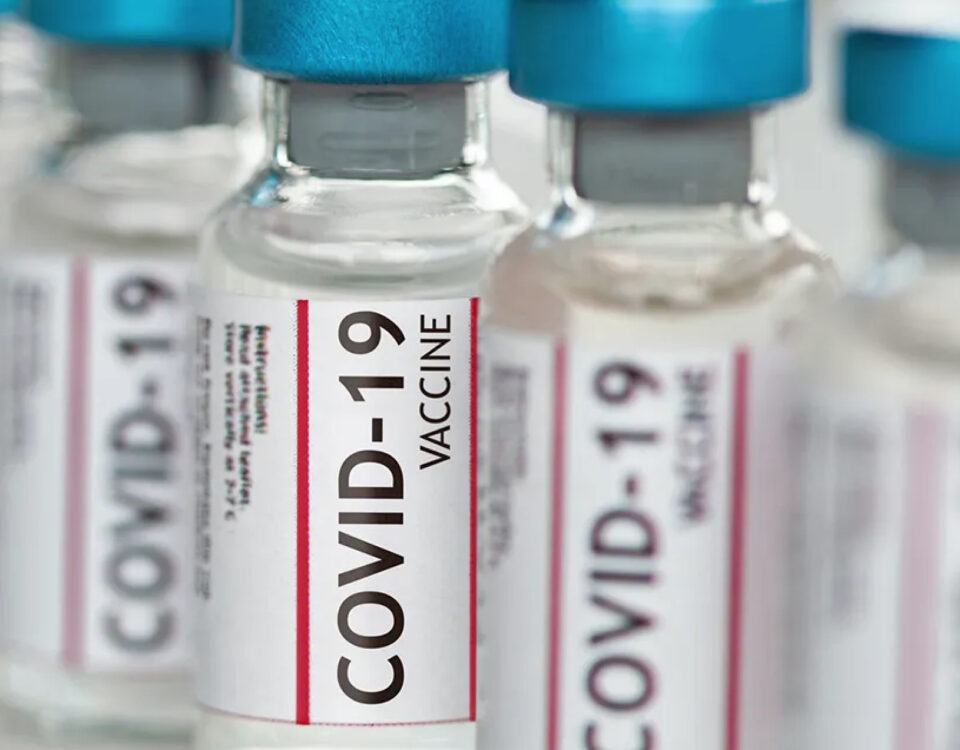Study: Ivermectin does not prevent patients with COVID-19 from becoming severely ill

Fully vaccinated people dramatically less likely to suffer from long COVID
March 2, 2022
Surprising research evaluates vegetable consumption on heart risks
March 4, 2022Reuters reports “researchers found that treatment with the anti-parasite drug ivermectin did not prevent patients with COVID-19 from becoming severely ill in a randomized clinical trial.”
Investigators “enrolled 490 patients with mild to moderate illness at 20 hospitals and a COVID-19 quarantine center in Malaysia.”
Severe disease developed in 21.6% of the patients given ivermectin and in 17.3% of those who received only standard care, the researchers said. They defined severe disease as requiring oxygen to help with breathing.
In addition, there were no statistically significant differences between the groups in rates of ICU admission, need for mechanical ventilation, or death, according to the study.
The use of ivermectin to treat COVID is currently being investigated in a large UK trial by the University of Oxford. When that is published, I’ll let you know.
See also: What’s the Truth about Ivermectin for COVID? and Why ivermectin still should not be used to prevent or treat COVID-19.
The findings were published in JAMA Internal Medicine.
This blog was accurate as of the day of posting. However, as the COVID-19 pandemic rapidly evolves and the scientific community’s understanding of the novel coronavirus and the COVID vaccine develops, the information above may have changed since it was last updated. While I aim to keep all of my blogs on COVID and the COVID vaccine up to date, please visit online resources provided by the CDC, WHO, and your local public health department to stay informed on the latest news.
© Copyright WLL, INC. 2022. This blog provides a wide variety of general health information only and is not intended to be a substitute for professional medical advice, diagnosis, or treatment from your regular physician. If you are concerned about your health, take what you learn from this blog and meet with your personal doctor to discuss your concerns.







